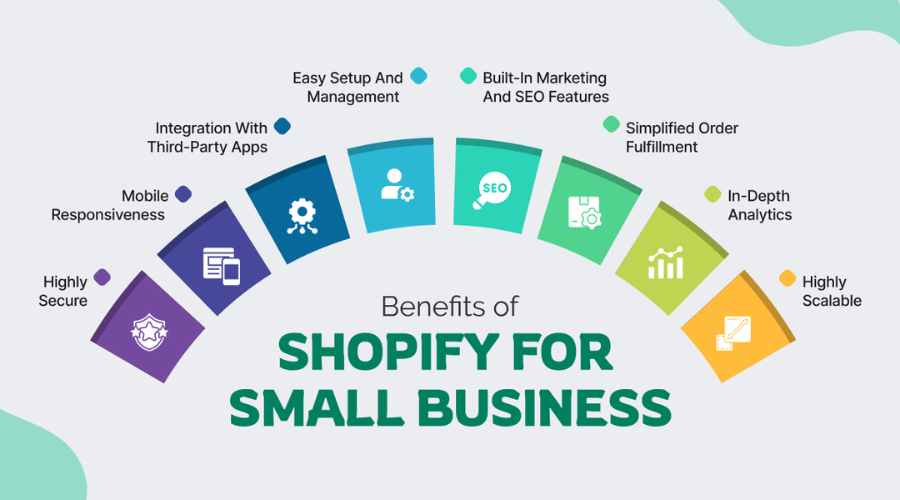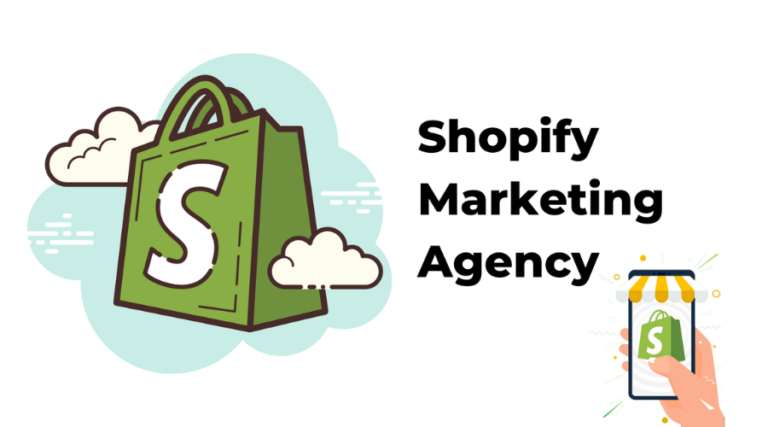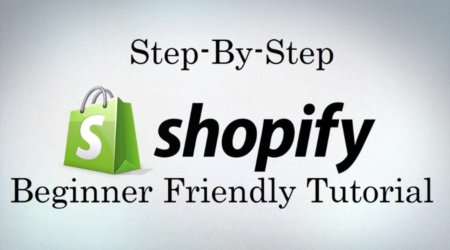Despite the various opportunities that small firms encounter in the business environment of the current generation, they encounter several challenges, and one of them is the difficulty involved in the process of marketing. Small firms often have little capital to invest and must act strategically when looking for methods to expand their immediate impact. However, successful small business marketing can reduce market imbalances and provide an opportunity for small firms to compete and expand in their specific industry. Now, it will be worth taking a closer look at the tactics that smaller enterprises can employ to boost their marketing level and achieve sustainable success.
What is Small Business Marketing?
Small business marketing is the practice of getting its goods and services seen by the marketplace by leveraging all marketing communication tools.
Of course, when considering small businesses as an opponent they are usually less equipped and have less capital than a large corporation. However, the principles of marketing do not change concerning the size of an organisation or enterprise.
Best Practices for Small Business Marketing
Know Your Audience
This analysis of the target market is a critical component in all feasible small business marketing
strategies. Small firms have to invest more time and resources in semantic analysis of the customers’ preferences, behaviour, and characteristics. This can involve identifying the customers correctly and their needs as well. Take into account their location, hobbies, age, and gender.
This information forms the basic foundation of all marketing communications, thus guaranteeing that each message is intelligible to the target market. Thus, the outlined degree of clarity will let you enhance the marketing messages themselves since you have increased awareness of the demographic of the target market.
A Unique Brand Story
It is a small business marketing strategy that can be used for small businesses to compete with other rival firms in the market properly. Brand story, as an extension of the advertisement, is the conveying of the corporate personality, the role, and the products’ distinct selling proposition of the organisation. What distinguishes your business from rivals, who it serves, and what is its identity? Since it establishes your company’s position in the market, this forms the basis of all small business marketing strategies.
Online Presence
To expand its market share in the current world that is dominated by the internet, small businesses must develop an online market presence. Here a dedicated website with decent traffic can be of great help.
One of the most effective ways to increase organic traffic to your site is by SEO or search engine optimisation. It means raising your website ranking on search engine result pages allowing it to be easily found by potential consumers. To ensure that your web pages are ranked highly on search engines it is mandatory that you do keyword research to find out what people look for in a website. Also, it should be noted to provide a convenient and logically structured website interface. Its creation demands both quality and relevance to the ever-increasing readership of the society that you wish to target.
Content Marketing
Through content marketing, it has become cheap for small businesses to develop thought leadership, create awareness among potential consumers and make them engage. Podcasts, infographics, videos, and blog posts create high-quality content to attract visitors to the business site and help companies become industry leaders.
It requires much effort at the initial stage but if one invests in the preparation or creation of high-quality content it is highly beneficial in the long term.
Monitoring Performance
Small business marketing is not something which one does once and then thinks about it no more. It means time-bound tracking of various indicators and updates based on fresh knowledge of your target audience’s media usage and shopping behaviours. Building on the use of metrics and tracking, KPIs provide valuable information on the approaches that are successful, as well as those that are not and need to be changed. Some of the examples of the KPIs for small business marketing include visitors to the firm’s website, leads conversion rate, cost of gaining clients and the ROI.
Through consistent evaluation of key performance indicators and subsequent strategy modifications, companies can optimise their marketing endeavours, optimise their assets, and attain long-term, sustainable expansion.
Social selling
By employing social selling small business marketing strategies, small firm owners can create a network and a trustworthy relationship among their current or potential clientele.
One concentrates on developing a trustworthy relationship with the customers instead of trying to upsell them things, as this could eventually result in sales. The company mainly accomplishes this by encouraging conversations and interactions with the brand on social media or at informal get-togethers.
Promoting goods and services is only one aspect of effective marketing. Other goals include developing deep relationships with clients, fostering brand loyalty, and accelerating company expansion. Gaining marketing expertise for small firms necessitates a systematic strategy that includes audience analysis, story development, digital tool utilisation, and performance evaluation.
Why Shopify For Small Business Marketing?

Speak with prospective customers
Discover who the perfect customer for your brand is and how to reach them using social networks, Google ads, PPC and content marketing.
Content Marketing
Utilise the integrated blogging features to grow your audience and increase website traffic.
SEO tools
Use SEO tools to update product details, meta descriptions, and title tags to make it easier for customers to find your store.
Facebook Ads
Utilise Shopify to select an audience and be certain that you are aiming for the right customers.
Connect with every customer
Utilise integrated marketing solutions to develop personalised email campaigns and engage with clients wherever you are.
Email marketing
Use Shopify Email to create email campaigns using pre-made templates.
Shopify Inbox
Use chatbots to convert surfers into customers and respond to their inquiries.
Shopify Forms
Use lead capture forms to turn visitors into subscribers with enticing offers. Take your business to new heights with Shopify today!
Conclusion
Small enterprises may compete successfully in their marketplaces, draw in and keep devoted clients, and eventually succeed over the long run by devoting time, energy, and resources to small business marketing strategies. In today’s competitive business environment, with Shopify small firms can confidently manage the intricacies of marketing and generate sustainable growth by keeping a clear focus on the customer journey and demonstrating a commitment to continual improvement.
For more information visit FeedNexus.
FAQs











